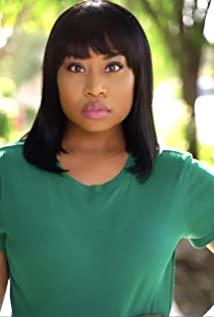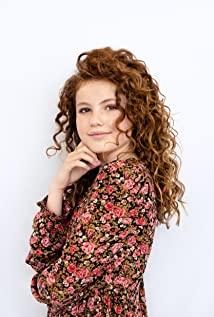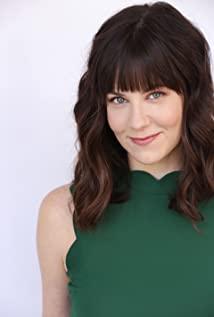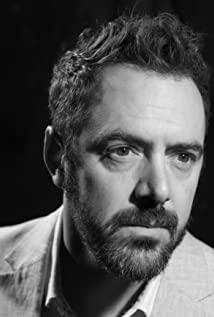1
The show combines sex, domestic violence, and school violence. To be honest, it was really depressing after watching it. At first, I thought it was a cool drama about exotic women fighting, but after watching the 5th episode, I really got it. This is a story that tells the painful secret behind the brilliance from different angles.
Really depressing.
In episode 5, Celeste is forced to recognize that she is being subjected to violence by her beloved husband while being questioned by a psychiatrist. This paragraph is simply peeling off layer by layer the reality that C is unwilling to admit. Here, I don't want to discuss whether she is a girl blinded by love. The real concern is that she's taking back the dignity of her "true love." She is reluctant to admit that she is a victim of marriage. This violence is considered to be a problem for both parties in the marriage, and there are ways to solve it.
Thinking about it from an objective point of view, don't all the victims of domestic violence have the same thoughts as Celeste? Believing "true love" is what condones violence. The psychiatrist then helped her make plans to leave her husband, seize custody of the children, resist the next domestic violence, and so on. All these surprised and realized C, who was addicted to a happy marriage.
As the plot continues, what I want to ask is, can domestic violence only be resolved through divorce? This is not the fundamental solution to the problem. After the divorce, the mental illness of the violent party still exists, how should they deal with it? The abuser is sometimes aware of this, and is eager to change, and even more eager for the other party to help him change. And we often hear from bystanders sharing the experience - must leave him!
Divorce means loss, and violence remains. The perpetrator is still troubled by his own psychological problems, or he is also the victim. I'm not defending the abuser, I'm hoping people will have a better strategy for dealing with domestic violence.
2
"I don't know" really means a lot when Jane answers the question of where her son's father is.
I can't find him either;
I want to see him too;
I seem to think that he abandoned me because of another secret;
. . .
Jane still lives in hope, but Jane also lives in hatred.
She kept a gun on the bedside table, practiced shooting, had hallucinations, etc. These are the manifestations of her inability to remove the pain after experiencing rape.
3
There were also several communications in the play, I don't know if it was script design or because of my excessive attention.
Whether it is the communication between the school and Jane, or the communication between the father and the 16-year-old daughter about the first night of the auction, the method of first raising and lowering is used here. In the play, balabala said "I don't think your son will hurt others..."; "I'm proud of you", and then started to discuss the topic layer by layer. These are the "key" communication skills that appear frequently in textbooks on "how to communicate", which make people feel really uncomfortable. Are you really on my side? Do you really think my son didn't hurt anyone? Are you really thinking about me? Who knew this wasn't a dirty trick you were using to get the truth?
btw,
The scene of domestic violence is so good to watch! Weak begging for mercy after violence can really arouse the idea of "killing"!
The power and connections of the rich are everywhere, and capital control suppresses the poor all the time!
Finally, I would like to say that although the ending of this drama is satisfactory, it is only a small microcosm of the reality full of joys and sorrows.
Where are you now?
View more about Big Little Lies reviews











